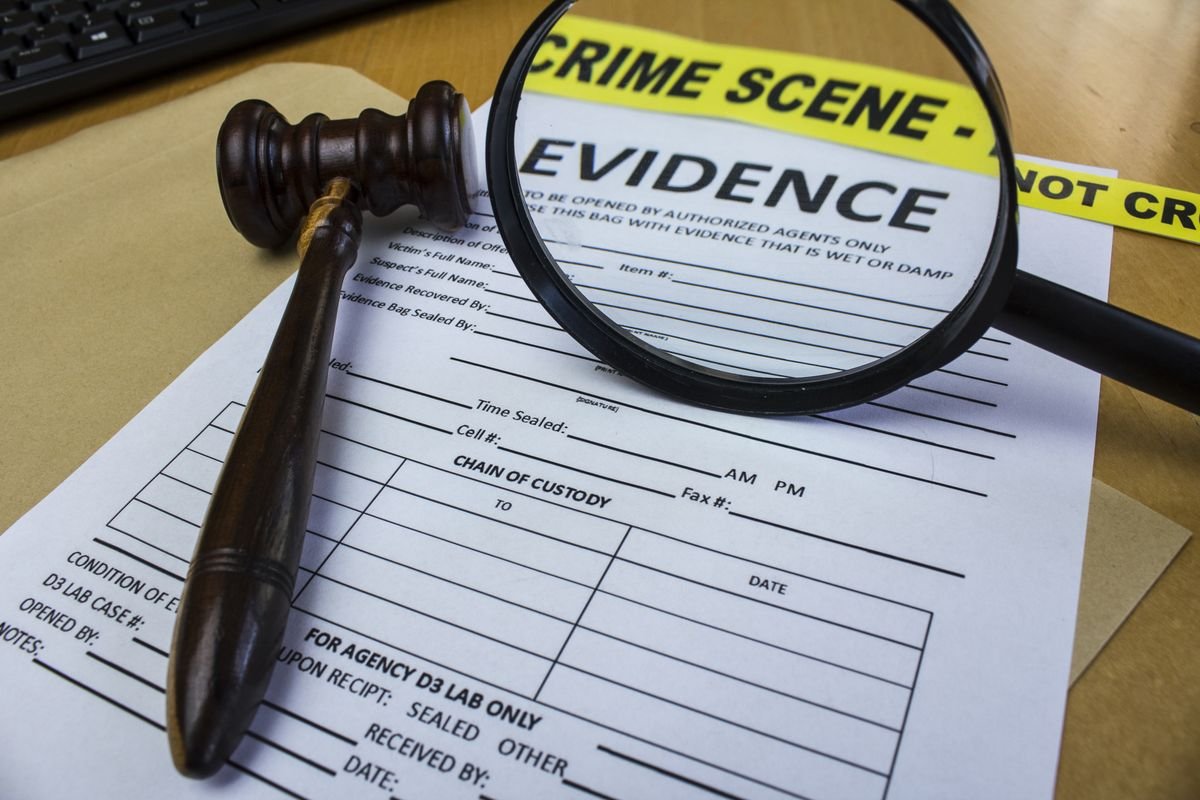Ensuring the reliability of evidence in the New Zealand criminal courts: The admissibility of forensic science
By Carrie Leonetti
This article presents a systematic and critical assessment of the reliability of forensic science in New Zealand. It documents the types of forensic-science being offered in criminal cases, the party presenting the evidence, the experts’ affiliations, how often there are challenges to the admissibility of the expert evidence and their timing in the proceedings, how often experts rely upon the uniqueness assumption, and how often experts testify to an individualised identification or ‘match’ of a source of forensic evidence. It finds that several of the common forensic disciplines in the criminal justice system in New Zealand have been the subject of critique and criticism internationally, the most common source of expert evidence was presented by the prosecution and provided by institutional police laboratories, and in most cases the forensic expert testified either to the uniqueness assumption or to an individualised match determination. It concludes that the New Zealand Parliament should amend the Evidence Act 2006 to require a demonstration of foundational validity and as-applied reliability as a precondition to the admissibility of any purported scientific evidence.
Common Law World Review, Online First, March 2024, 26pg


